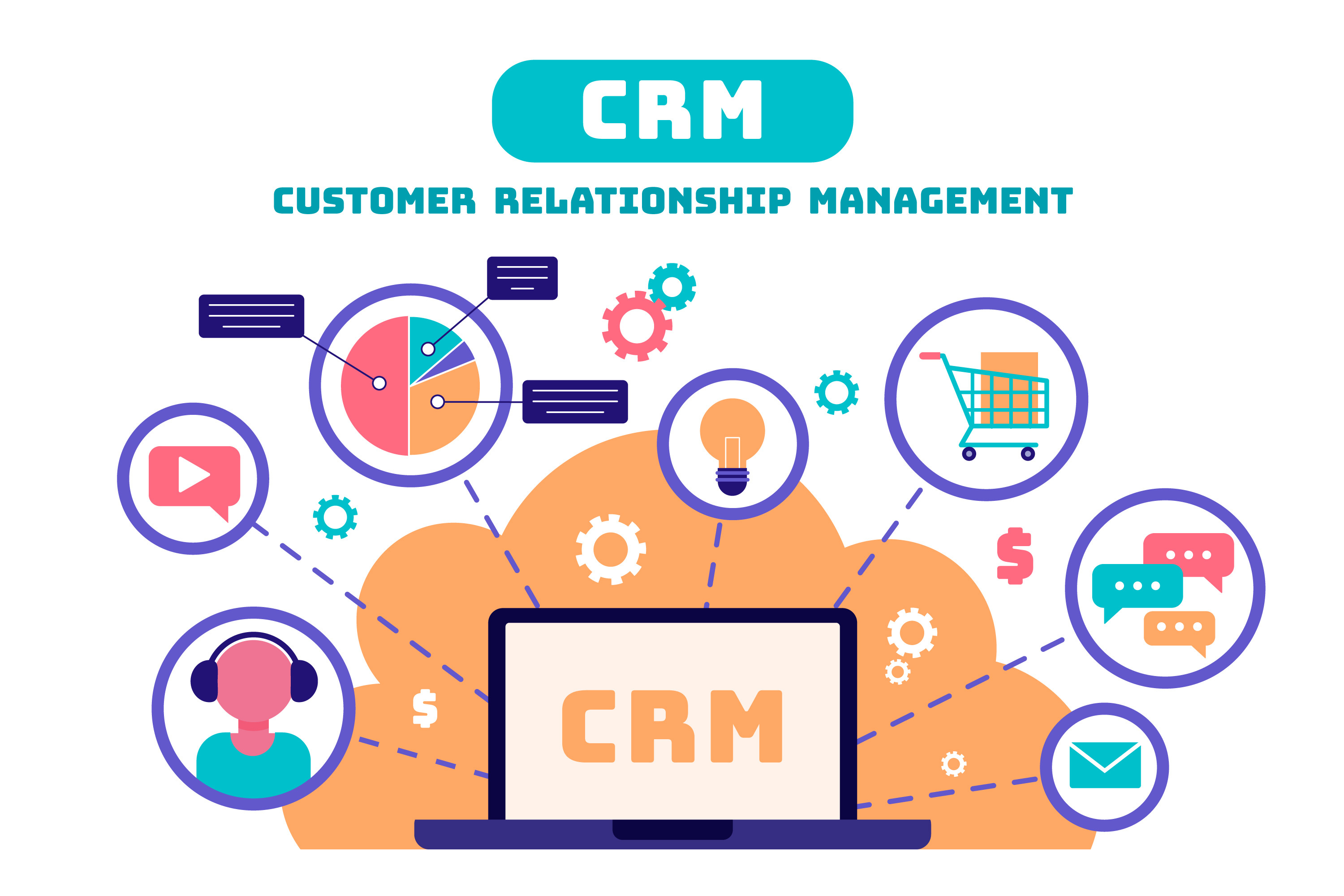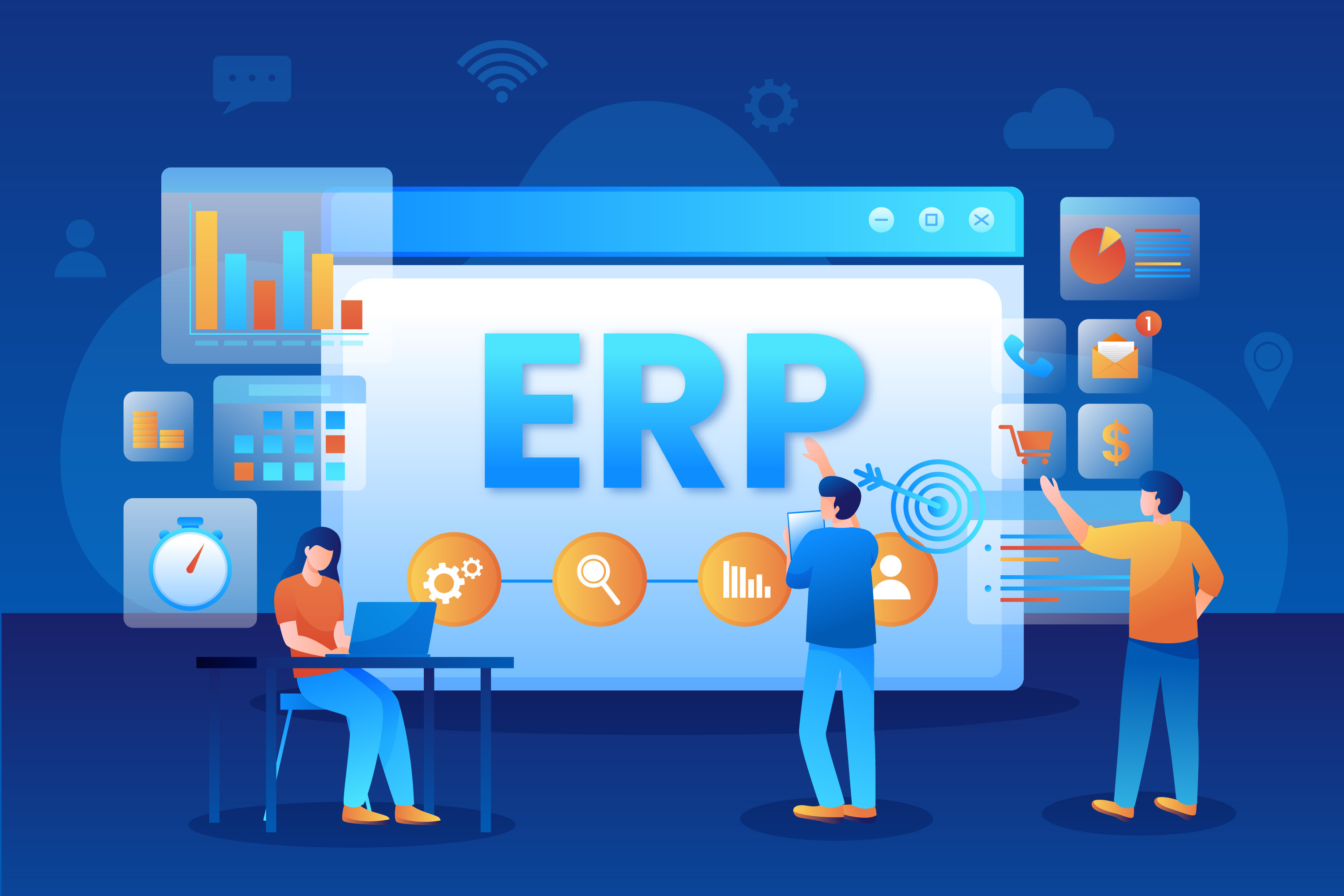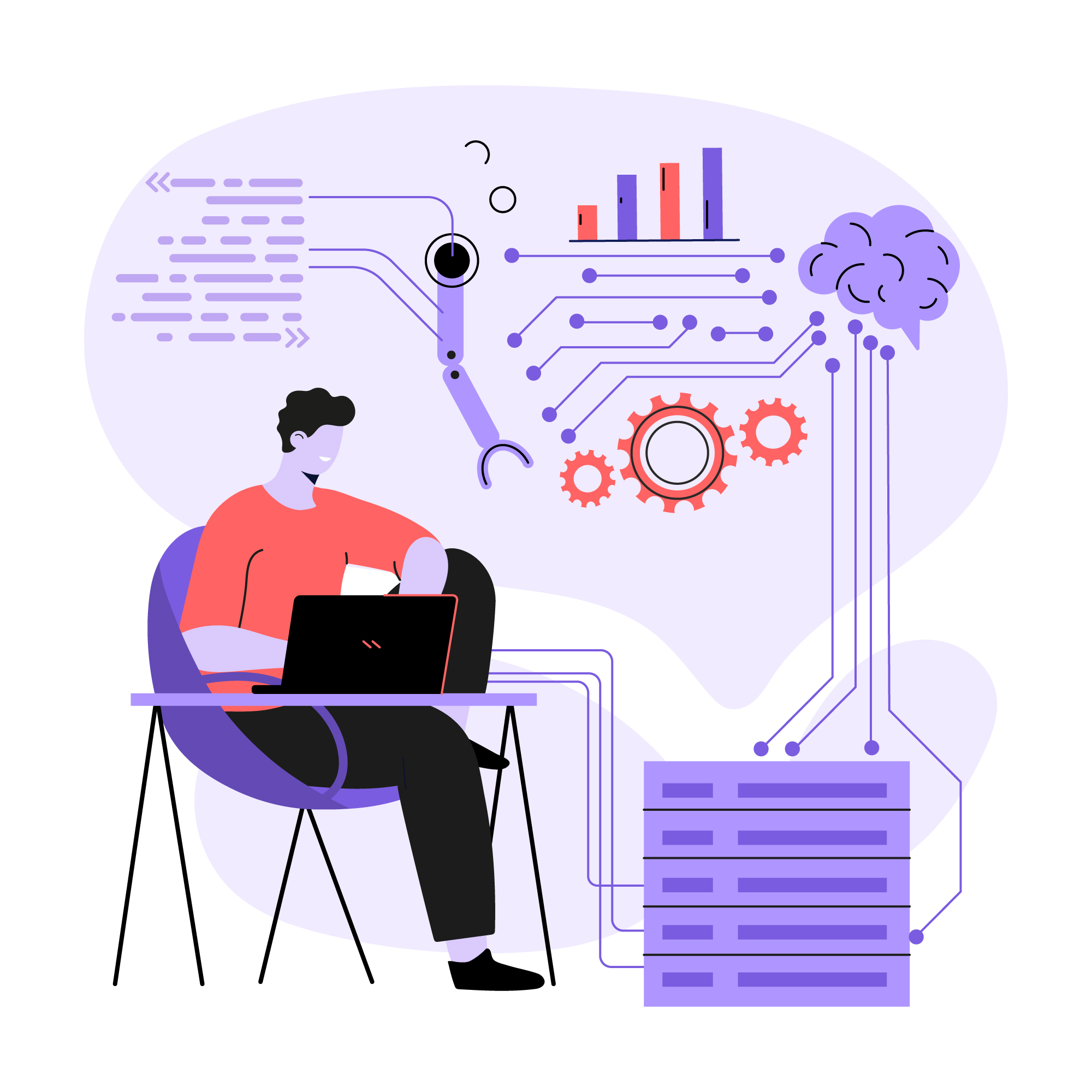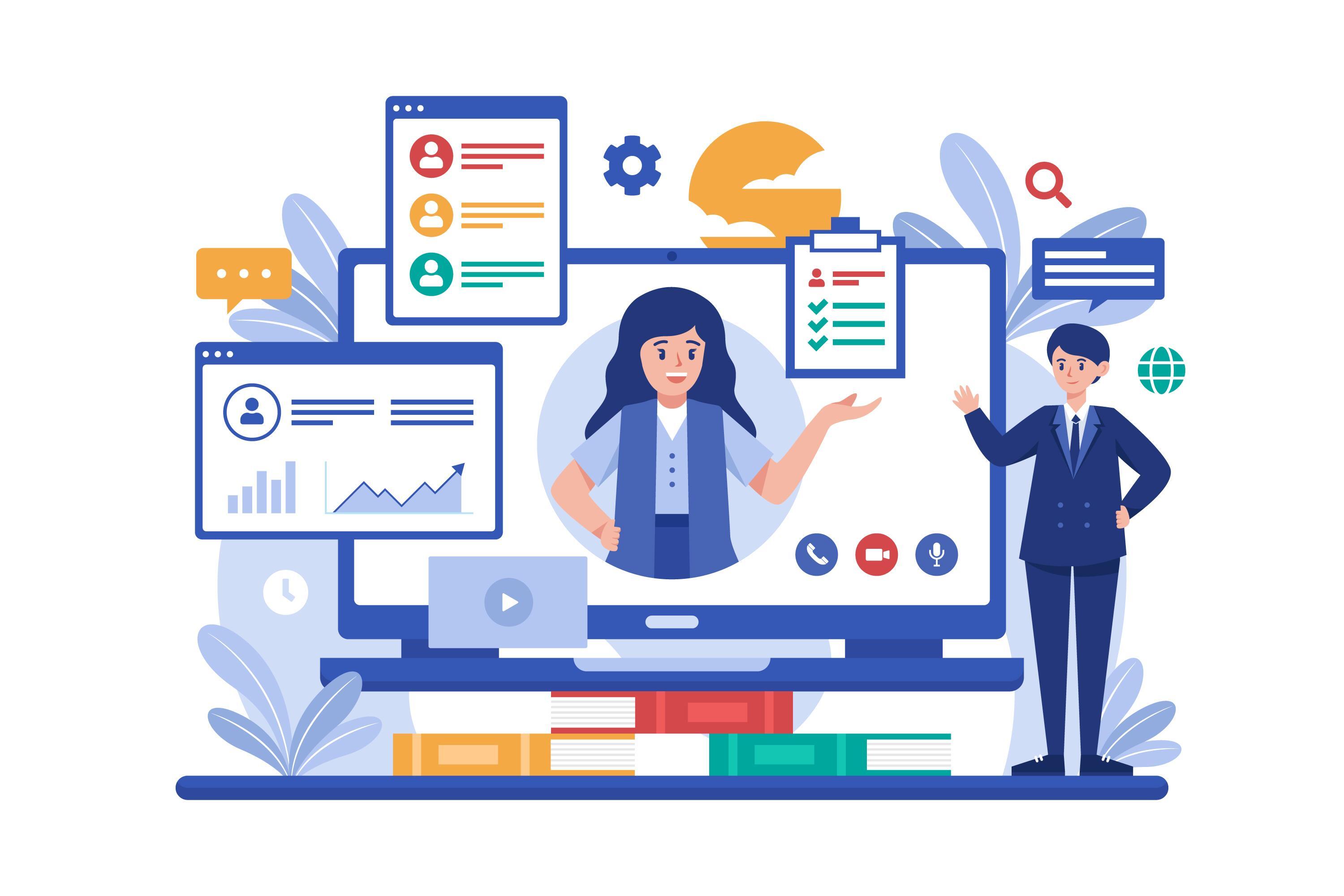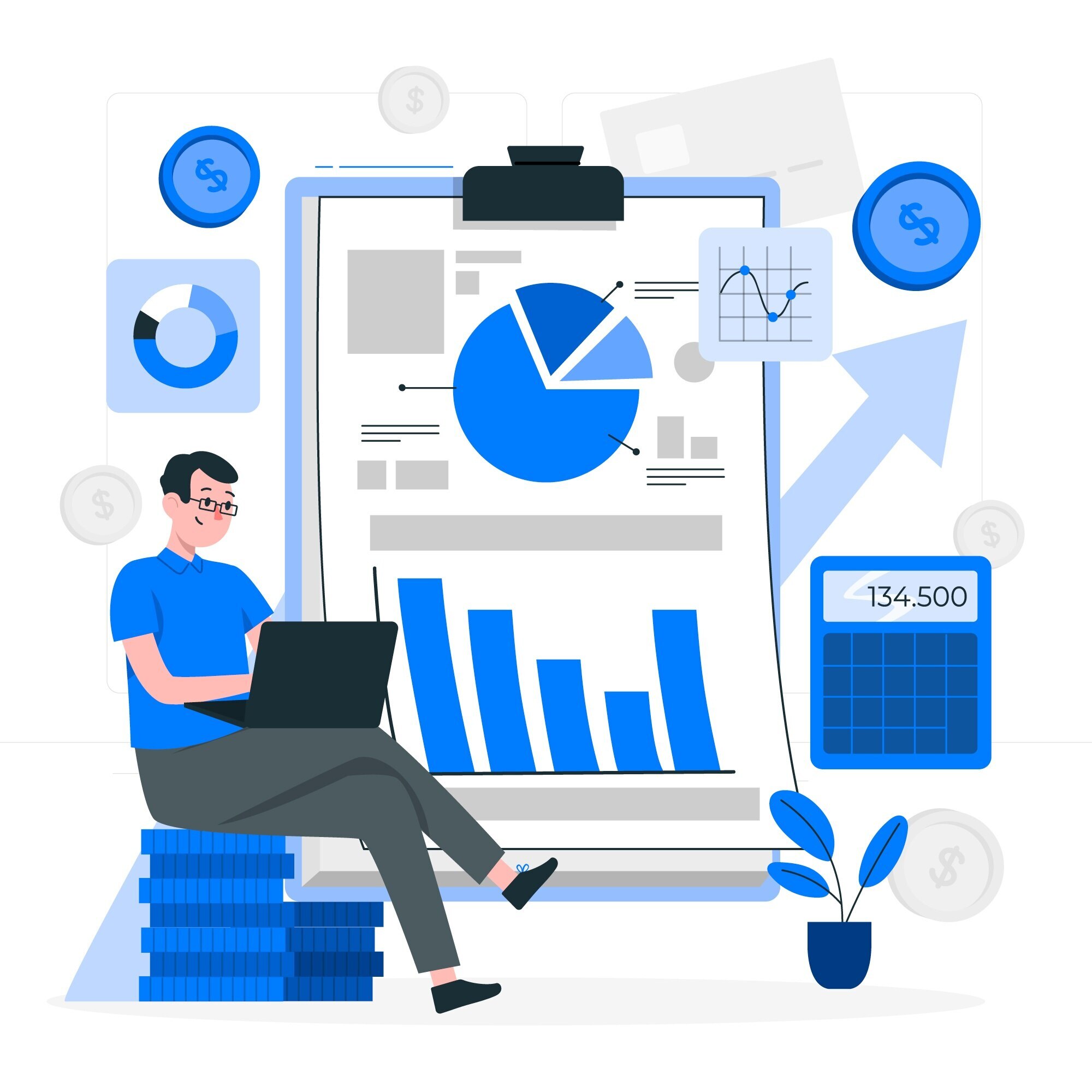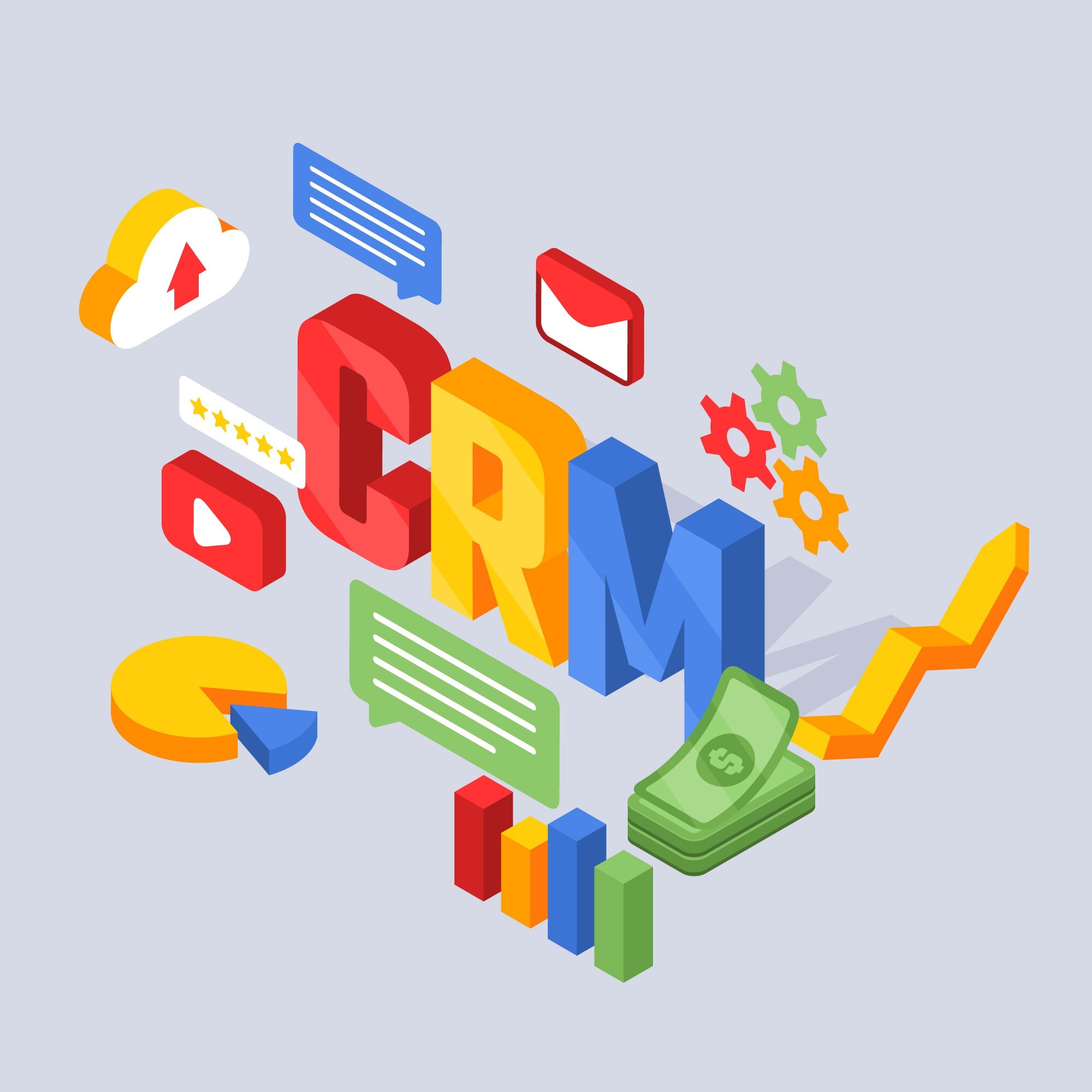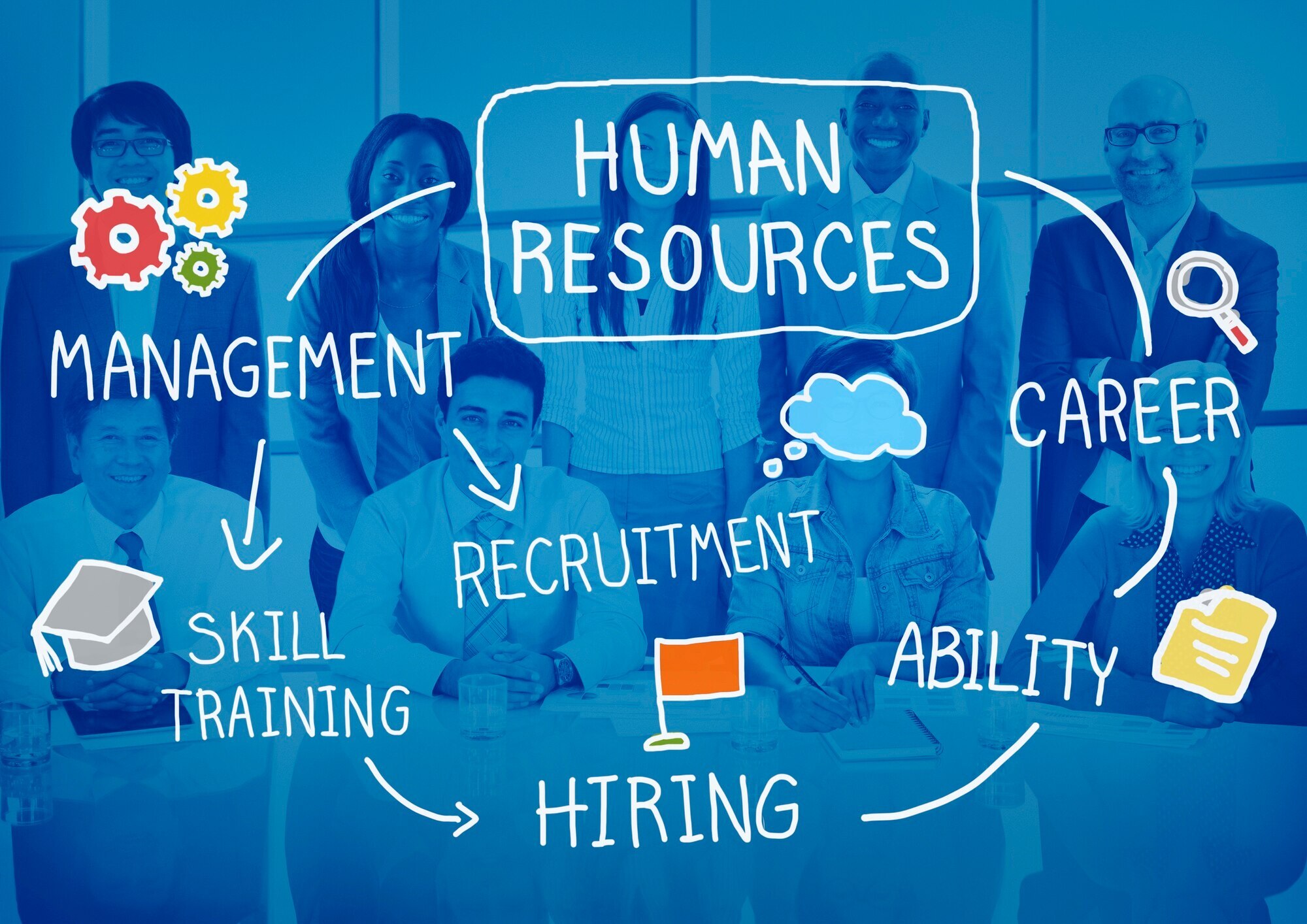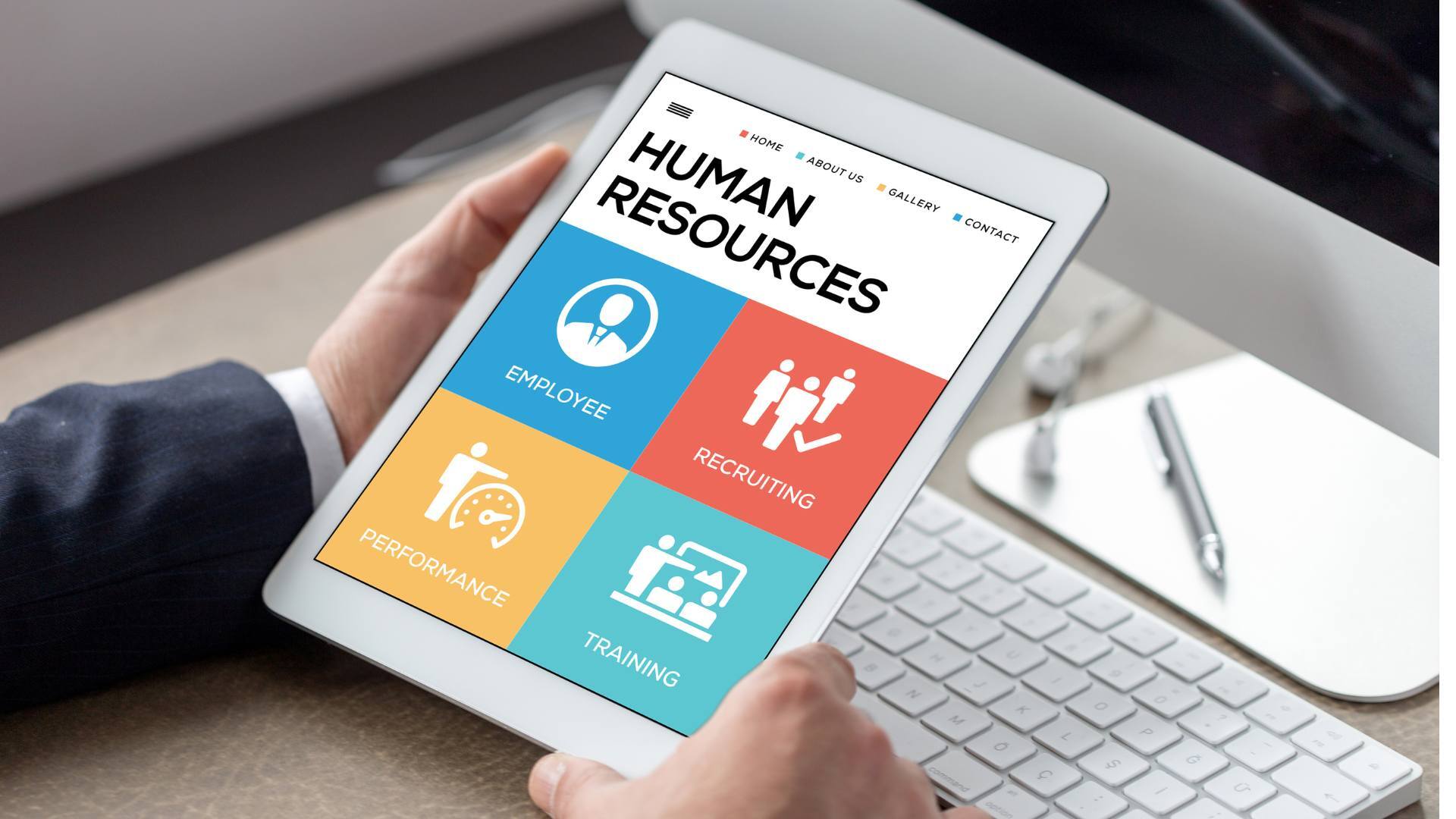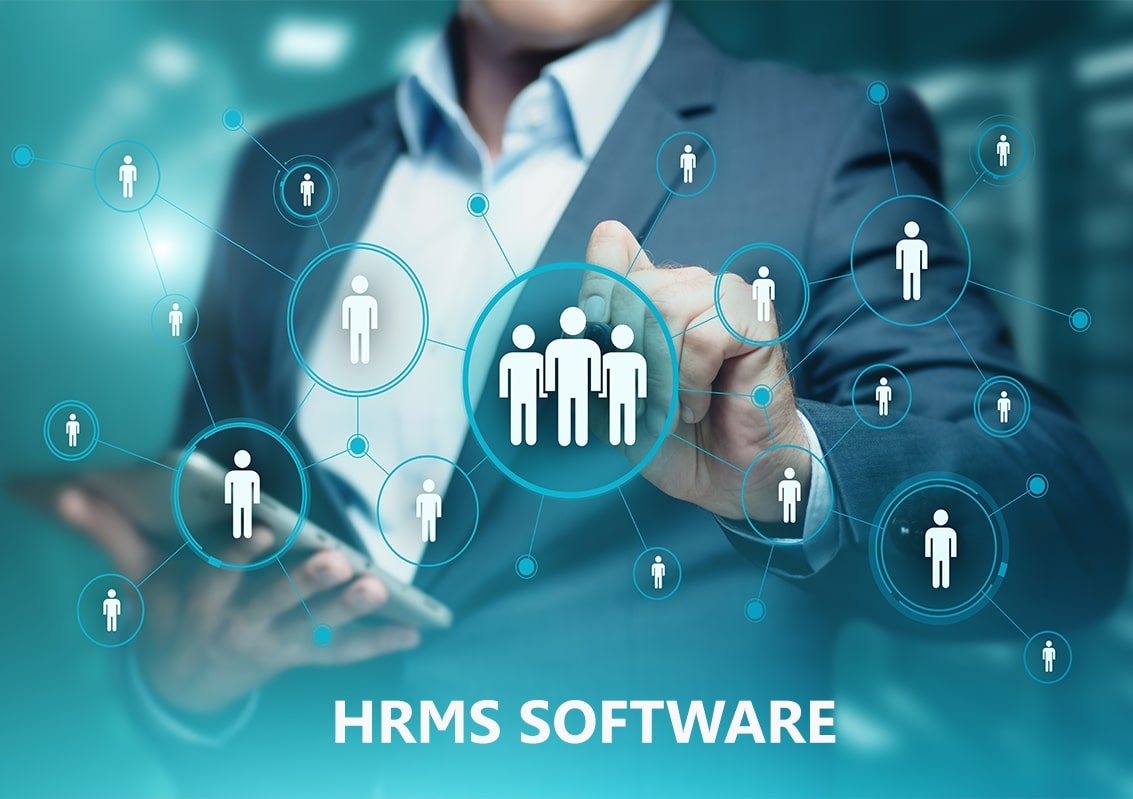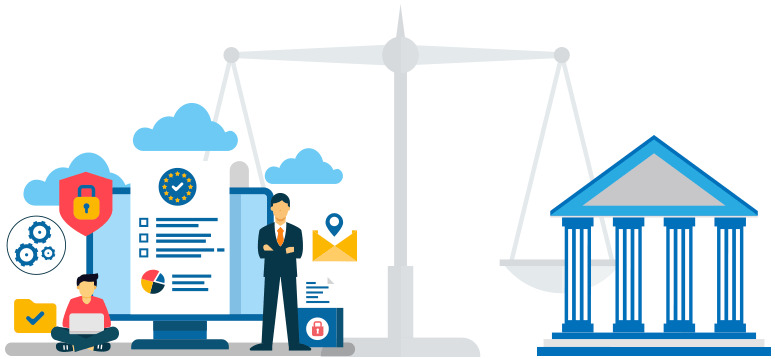The era of personalization has ushered in new expectations, with consumers demanding tailored experiences that cater to their unique preferences and needs. In this context, Customer Relationship Management (CRM) software has emerged as a pivotal tool for enhancing customer loyalty and driving business success.
Understanding CRM Software:
CRM software is designed to manage a company's interactions with current and potential customers. By consolidating customer data across various touchpoints, it allows businesses to gain valuable insights into customer behavior, preferences, and purchase history. This centralized repository of information is crucial for creating personalized experiences that resonate with individual customers.
Personalization: A Key Driver of Customer Loyalty:
Personalization has become a cornerstone of modern marketing strategies, with studies consistently highlighting its impact on customer loyalty. According to research, 80% of consumers are more likely to make a purchase when brands offer personalized experiences. CRM software plays a critical role in enabling this level of personalization by providing businesses with the tools to analyze and interpret customer data effectively.
Enhancing Customer Engagement through Personalization
One of the primary benefits of CRM software is its ability to segment customers based on their preferences and behavior. By categorizing customers into distinct groups, businesses can tailor their marketing efforts to address the specific needs and desires of each segment. For instance, a retail company can use CRM data to send personalized product recommendations to customers based on their previous purchases, thereby increasing the likelihood of repeat business.
Building Lasting Relationships:
In the era of personalization, building strong customer relationships is paramount. CRM software empowers businesses to nurture these relationships by providing a 360-degree view of each customer. This comprehensive understanding allows businesses to anticipate customer needs and proactively address any issues that may arise. For example, if a customer frequently contacts customer support regarding a particular product, a company can use CRM data to offer a personalized solution or discount, demonstrating their commitment to customer satisfaction.
Conclusion:
In the era of personalization, where customer expectations are higher than ever, CRM software has become an indispensable tool for businesses aiming to enhance customer loyalty. By leveraging CRM capabilities to deliver personalized experiences, businesses can foster deeper connections with their customers, ultimately leading to increased loyalty and long-term success. As technology continues to evolve, CRM software will undoubtedly play an even greater role in shaping the future of customer relationships, ensuring that businesses remain competitive in an increasingly personalized world.
